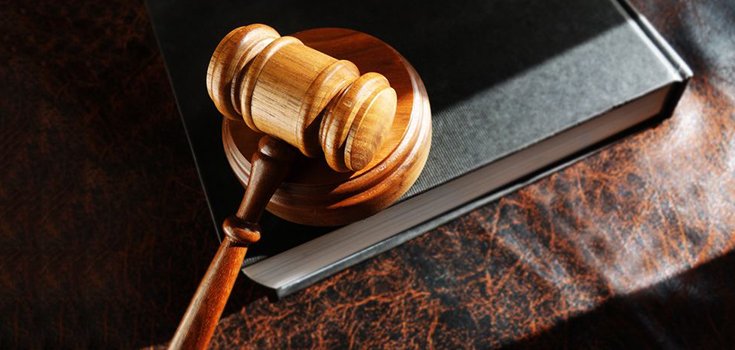Monsanto is Being Sued by Port of Portland over PCB Contamination

The Port of Portland is suing Monsanto in federal court alleging the agritech giant knowingly produced toxic chemicals for decades which resulted in widespread PCB contamination. [1]
The Port joins 7 other cities and the state of Washington in suing Monsanto over the alleged contamination – Seattle, Spokane, San Jose, Oakland, Berkeley, Long Beach, and San Diego.
Monsanto produced PCBs for nearly 40 years until they were banned in 1979. PCBs were used in plastics, paints, caulks, lubricants, coolants, and other products prior to the ban. The chemicals have been linked with cancer and damage to the immune, reproductive, and nervous systems.
PCBs can still be released into the environment via improper maintenance of waste sites, and illegal dumping or burning.
Port of Portland spokesman Steve Johnson said:
“The Port has evidence that Monsanto became aware of how toxic and dangerous PCBs were during the time they manufactured their PCB containing products, and that they concealed that information.”
Johnson added that PCBs are the main focus of the $750 million cleanup effort at Portland Harbor Superfund site.
“The Port has invested millions of dollars studying the legacy contamination in and along the Willamette River and Portland Harbor. However, the impact of PCB contamination is broader than the Superfund site, including McBride Slough at Portland International Airport.”
Monsanto does not have to pay for any of the cleanup, as it is not listed as a “responsible party” on the Superfund site. Entities that used Monsanto’s PCBs and dumped waste into waterways are responsible for the contamination, according to a Monsanto spokesman.
In the lawsuit, the Port of Portland alleges that Monsanto knew as early as 1937 that PCBs were hazardous to humans and wildlife, but did nothing. [2]
Curtis Robinhold, the Port’s deputy executive director, said in a statement:
“Any decision to conceal facts about human health should have consequences. Monsanto reaped huge profits from the manufacture and sale of PCBs, and it is entirely appropriate for those faced with the cost of cleaning up this contamination to hold them accountable.”

As for the Port of Portland, Monsanto argues that the lawsuit singles the company out for using PCBs when they were legal and widely used. The company said in a statement:
“The Port’s case targets a product manufacturer for selling four to eight decades ago a lawful and useful chemical that was used by the U.S. government, the state of Oregon and local cities, and incorporated by industries into many products to make them safer.
PCBs have not been produced in the U.S. for four decades, and the Port is now pursuing an experimental case on grounds never recognized in Oregon history and which threatens to delay and derail years of Portland Harbor Superfund allocation proceedings involving the responsible parties who actually discharged PCBs.
Most of the prior cases filed by the same out-of-state contingency fee lawyers have been dismissed, and Monsanto believes this Port case similarly lacks merit and conflicts with the ongoing Portland Harbor case.”
The Port of Portland hasn’t attached a dollar amount to the lawsuit, but is seeking compensatory and punitive damages that could cost Monsanto anywhere from tens of millions of dollars to hundreds of millions of dollars for the cost of “past, present, and future” cleanup costs, according to the Port’s attorney.
Sources:
[1] KGW
[2] The Oregonian
